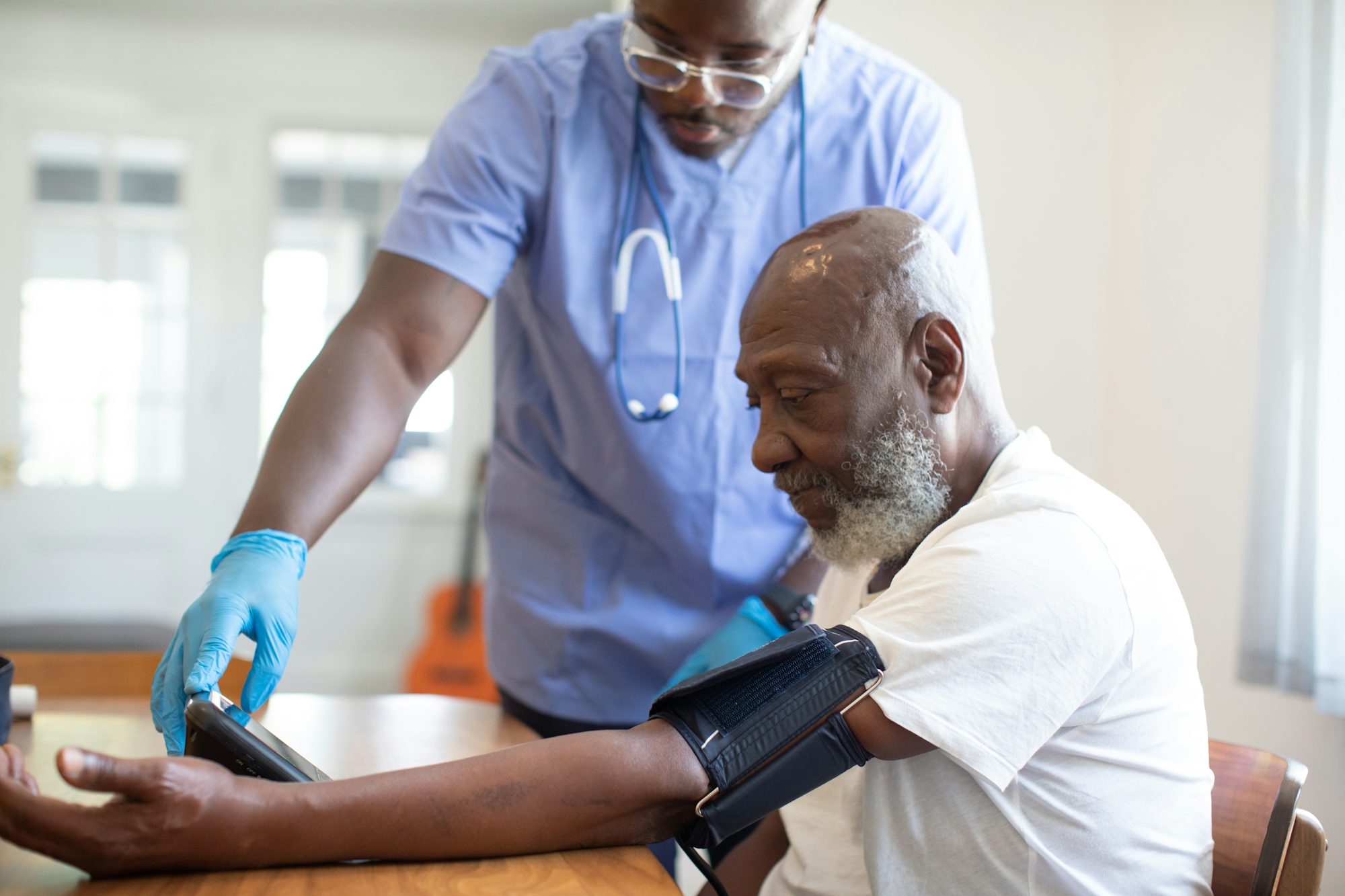Community health clinics serve as foundational pillars in the healthcare system, providing accessible and comprehensive health services to diverse populations. These clinics play a critical role in promoting public well-being, particularly in underserved areas where access to traditional healthcare facilities may be limited. By offering a range of services, including preventive care, health education, and chronic disease management, community health clinics significantly enhance the quality of life for individuals and families. One of the primary functions of community health clinics is to provide preventive care services. This includes routine check-ups, immunizations, and screenings that are essential for maintaining good health. Preventive care is vital for early detection of potential health issues, allowing for timely interventions that can prevent more serious conditions from developing. Community health clinics often focus on educating patients about the importance of regular health screenings, encouraging individuals to take an active role in managing their health. Health education is a cornerstone of the services provided by community health clinics. These clinics engage with patients to offer resources and information about various health topics, including nutrition, physical activity, and chronic disease management. By empowering individuals with knowledge, community health clinics foster a culture of health that encourages proactive decision-making. Workshops, seminars, and support groups are often organized to facilitate discussions about health concerns, enabling patients to share experiences and learn from one another. Furthermore, community health clinics often address the social determinants of health that impact overall well-being. Factors such as income, education, and access to resources can significantly influence health outcomes. Many clinics collaborate with local organizations to provide services that go beyond medical care, including nutrition programs, housing assistance, and transportation services. This holistic approach ensures that individuals receive comprehensive support, addressing not only their medical needs but also the social factors that contribute to their health. Another vital aspect of community health clinics is their commitment to inclusivity and cultural competence. These clinics are often designed to serve diverse populations, including those with limited English proficiency or those from different cultural backgrounds. Staff members are trained to understand and respect cultural differences, ensuring that care is tailored to the unique needs of each individual. By fostering an inclusive environment, community health clinics promote trust and encourage individuals to seek care without fear of judgment. In addition to serving individuals, community health clinics play an essential role in community engagement. Many clinics work to strengthen connections within the community by hosting health fairs, workshops, and outreach events. These initiatives raise awareness about available health services and resources, promoting a sense of community well-being. By actively involving residents in health promotion efforts, clinics help build a culture of health that encourages collective responsibility for well-being. Chronic disease management is another significant focus of community health clinics. Conditions such as diabetes, hypertension, and asthma are prevalent in many communities, and these clinics provide specialized support for individuals managing these diseases. Care teams work closely with patients to develop personalized care plans, monitor progress, and offer education on self-management techniques. By providing ongoing support and resources, community health clinics empower individuals to take control of their health and effectively manage their conditions. Telehealth services have also become an integral part of community health clinics, especially in response to changing healthcare needs. Many clinics now offer virtual consultations, making it easier for patients to access care without geographical limitations. Telehealth enhances convenience for individuals who may face challenges in visiting a clinic in person, ensuring that they can receive timely care and support. The emphasis on mental health is gaining recognition within community health clinics. Mental well-being is crucial for overall health, and these clinics are increasingly offering mental health services, including counseling and support groups. By addressing mental health alongside physical health, community health clinics take a comprehensive approach to well-being. This integration of services promotes a better understanding of the connections between mental and physical health, fostering a more holistic view of patient care. The role of community health clinics extends beyond individual patient care; they also contribute to public health initiatives. Many clinics collaborate with local health departments to implement vaccination campaigns, health screenings, and education programs aimed at improving community health outcomes. By working together, these organizations can address public health challenges more effectively and ensure that individuals receive the care they need. In conclusion, community health clinics are essential in promoting public well-being and providing accessible healthcare services. Through preventive care, health education, and chronic disease management, these clinics empower individuals to take charge of their health. By addressing social determinants of health and fostering a culture of inclusivity, community health clinics play a vital role in building healthier communities. Their commitment to holistic care, community engagement, and mental health support reflects a comprehensive approach to health that benefits individuals and society as a whole. As the healthcare landscape continues to evolve, the importance of community health clinics in delivering high-quality, accessible care will only increase.
Current Article:
The Essential Role of Community Health Clinics in Promoting Public Well-Being

Categories
Clean living
The Essential Role of Community Health Clinics in Promoting Public Well-Being
March 8, 2024



